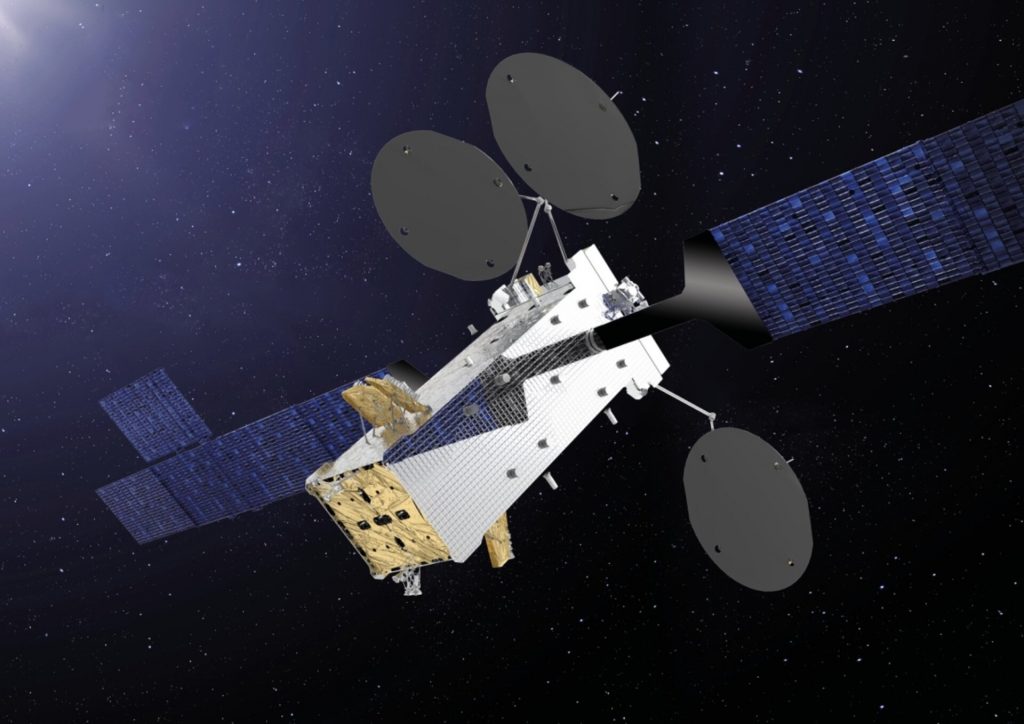
Paris-based Euroconsult reports that the price of satellite capacity for video services has fallen by 16 percent over the past five years. However, the price for data services has crashed 77 percent over the same period of time.
Video-based services are traditionally more robust and the contracts last lonager, hence, the slower reduction in value. But Data services have much shorter contract lengths and, thus, more rapid declines and much tougher competition from new entrants.
“Satellite capacity pricing is experiencing rapid declines in an increasingly disruptive market, supported by rise of next-generation geostationary (GEO) and non-geostationary orbit (NGSO) high-throughput satellite (HTS) systems. Massive influx of supply in the market has ultimately contributed to a commoditization effect on connectivity, due to which the industry is witnessing a shift towards managed service offerings with attractive $/GB economics, primarily driven by Starlink,” said Euroconsult.
Over the past five years, global average capacity pricing in video and data markets has dropped by approximately -16 percent (-3 percent CAGR) and -77 percent, (-26 percent CAGR), respectively. This decline is more pronounced in data markets due to abundant supply from NGSO (primarily Starlink) and HTS systems, while video markets have seen a lesser decline, largely due to stagnated regular supply and market stickiness due to long-term contracted prices.
The report also notes that the decreasing cost base of capacity (indicating efficiency of capex invested in satellite manufacturing considering sellable capacity and expected lifetime), initiated with the advent of Starlink, is expected to stabilize over the next two to three years, leading to a potentially slower capacity price erosion compared to previous years.
“Starlink’s pocket-friendly pricing and higher availability of service plans have triggered a structural shift in the industry away from wholesale capacity leasing to more managed solutions setting a wave of strategy re-alignment across players. Operators are choosing to directly serve end customers with managed service plans giving them greater control of capacity prices while service providers are moving away from capacity management, focusing on value add-ons,” said Senior Consultant Grace Khanuja.
Also of note, EchoStar’s highly contentious plans to raise cash by issuing and restructuring its debts, which received significant objections from creditors, has been abandoned.

This is the second time in two weeks that Dish Network’s parent EchoStar has scrapped a controversial proposal to restructure debt after creditor backlash.
The satellite TV provider announced on February 12th the termination of offers to exchange more than $4.9 billion (€4.5 billion) of convertible notes issued by Dish. The proposed exchange would have swapped notes due in 2025 and 2026 for new senior secured notes due 2030. The offer did not receive enough participation from existing noteholders, according to a statement from EchoStar.
EchoStar said the initial proposal was conditioned upon, among other things, at least a majority of the outstanding principal amounts being acceptable to debt holders.
“As of the Expiration Date, holders of the Existing Notes had not tendered sufficient Existing Notes to meet the Minimum Tender Condition with respect to either exchange offer. Accordingly, EchoStar terminated the exchange offers and consent solicitations following the Expiration Date,” stated EchoStar.

